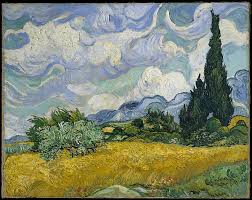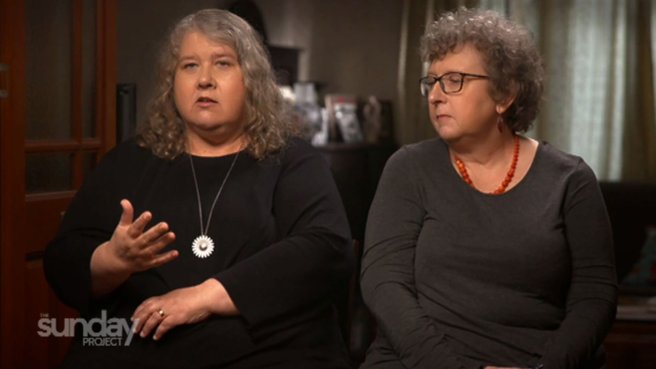Friday, 14th
November is Prose with
Helen Hagemann @ the Fremantle Arts
Centre: Helen’s start will be directly
after lunch in Room 3
1.00pm-3.00pm
This workshop is called “Secrets & Dramatic Irony”.
Writing exercises and our readings will include part of Anton Chekhov’s
story The Lady with the Dog (dramatic
irony). This is the last teaching class for the year as we will have readings
of our Spilt Ink Winners, plus all who would like to participate in our final
class for the year on
28th
November.
While a student, Chekhov published numerous short stories and humorous sketches under a pseudonym. He reserved his real name for serious medical publications, saying "medicine is my wife; literature - a mistress." While a doctor, he kept writing and had success with his first books, and his first play "Ivanov." He gradually decreased his medical practice in favour of writing. Chekhov created his own style based on objectivity, brevity, originality, and compassion. It was different from the mainstream Russian literature's scrupulous analytical depiction of "heroes." Chekhov used a delicate fabric of hints, subtle nuances in dialogs, and precise details. He described his original style as an "objective manner of writing." He avoided stereotyping and instructive political messages in favour of cool comic irony. Praised by writers Leo Tolstoy and Nikolai Leskov, he was awarded the Pushkin Prize from the Russian Academy of Sciences in 1888.
































